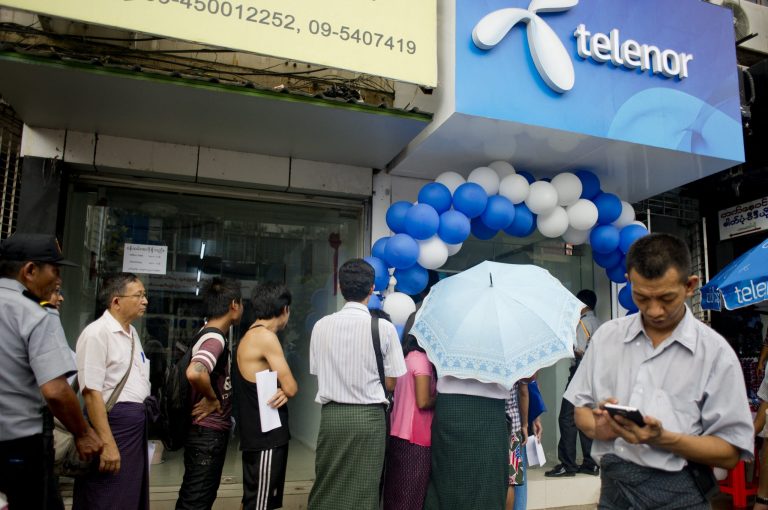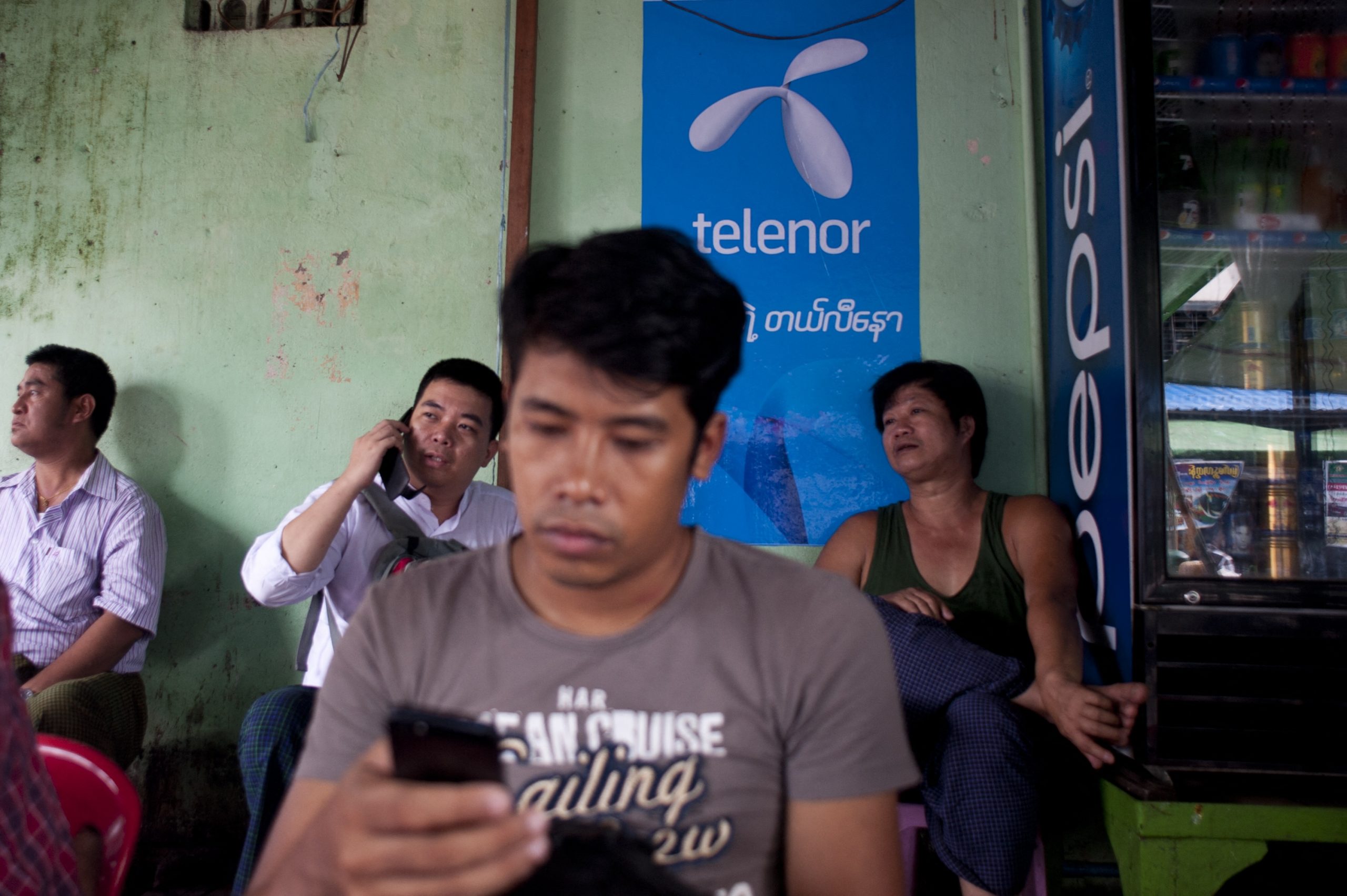Integrating some of the startup mentality and practices into legacy businesses can leave them better able to cope in the face of new competition.
By RITA NGUYEN | FRONTIER
MYANMAR’S economy is dominated by large, legacy businesses with inefficient processes and embedded cultural and organisational challenges.
Companies such as these are often more concerned with protecting what they already have – their brand, reputation or market share. This can result in a lack of innovation and incentives to experiment with new practices.
Over time this legacy thinking creates a range of problems, from high operating costs to lack of responsiveness to customer needs. One only needs to look at the global retail sector for an example: the failure of bricks and mortar retailers like Blockbuster in the face of new online competitors such as Netflix.
Myanmar is not always an easy place to do business, but increasingly the barriers to entry or expansion are being lowered. As this continues, more agile competitors capable of meeting the needs of the marketplace will be able to establish themselves quickly.
Support more independent journalism like this. Sign up to be a Frontier member.
This is creating a perfect storm for disruption – the overturning of long-standing business practices and market models. But by embracing disruption, companies can maximise their potential to benefit from a rising consumer class and increasingly tech-savvy customers.
Disruption and innovation are too often considered the realm of technology companies. Uber and its almost 200,000 drivers have disrupted the taxi industry globally, while AirBnB and its 2 million listings have wreaked havoc on the hotel sector.
But disruption isn’t just for tech startups. Starbucks, the global coffee chain founded in 1971, launched a mobile app in 2009 that combines customer loyalty with a digital wallet. Today the My Starbucks Rewards app has 12 million users and accounts for an unprecedented 24 percent of the company’s transactions in the US and 16 percent of its global sales.
One factor that makes businesses more vulnerable to disruption is the perception, particularly prevalent in Myanmar, that tech projects are massive undertakings with enormous budget requirements.
This may once have been the case. However, in recent years the mantra of the startup world has become the “minimum viable product”, or MVP. What is the very most basic thing you need to get started?
This thinking is necessitated by the budget and time constraints that most startups face. They don’t have the luxury of making sure every single scenario is covered. This approach also gives firms the agility to meet the rapidly changing needs and demands of the market.
Uber started out as a website where friends of the founder could “hail” him by pinpointing themselves on a map and then track where his car was based on his phone’s GPS data. AirBnB started when the founders blew up an air mattress in their living room in San Francisco and rented it out to three conference attendees. These are now the most valuable privately held companies in the world.
However, the MVP is not only the domain of nimble tech startups. Take the previous example of Starbucks. The coffee retailer only launched its app for use in 14 locations in Portland, Oregon. I’ve no doubt that during the planning stages many voices protested this decision. Surely you can’t roll out a product for a brand as big as Starbucks to such a limited number of stores … and not even in its home base of Seattle?
As Myanmar’s economy continues to liberalise, the pressure will increase on existing companies to modernise and change in order to stay competitive. Everything from customer experience to operational processes is now under the microscope. Many are turning to technology to increase efficiencies, transparency and accountability across their organisations.
The digital leapfrogging that everyone has been talking about is here and company executives are scrambling to create digital strategies and remove barriers that are keeping them from maximising on the potential of new technologies.
In Myanmar, these discussions tend to be dominated by the rollout of large-scale business resource management software (a software platform also known as enterprise resource planning, or ERP).
There are multiple ways that this can be accomplished, but the typical models are one big switchover or a phased rollout. The highly paid consultants will generally encourage the former but given the severe human resource limitations here the safer route is through a phased approach.
The MVP can play an important role because its focus should be on the specific problems that need to be resolved. For instance, if there is a simple need to understand the exact cost of sales, spending a little time to upload existing, disparate spreadsheets into a database that can easily generate reports means that the only real technology being introduced is proper reporting software.
This approach may only require additional training for one or two people, rather than the whole organisation. Once the company has a better understanding of its situation through the MVP, new software to input the data can be rolled out one team at a time. While this takes a little longer, it’s also far less disruptive to the business.
Finally, it’s important to not be intimidated by technology. The big, dirty secret in this sector is that usually the technology aspect is the simplest part of the equation. Business rules and requirements – such as who needs to see what data, and what metrics should trigger an alert or update to key stakeholders – is much more important than the technology itself. If set incorrectly, these will cause far more headaches as the developers start their work.
So rather than listen to the expensive consultants trying to sell a whole apple pie, consider trying just a slice to determine first whether apples are the way to go. You might even find that you don’t need the whole pie at all.







